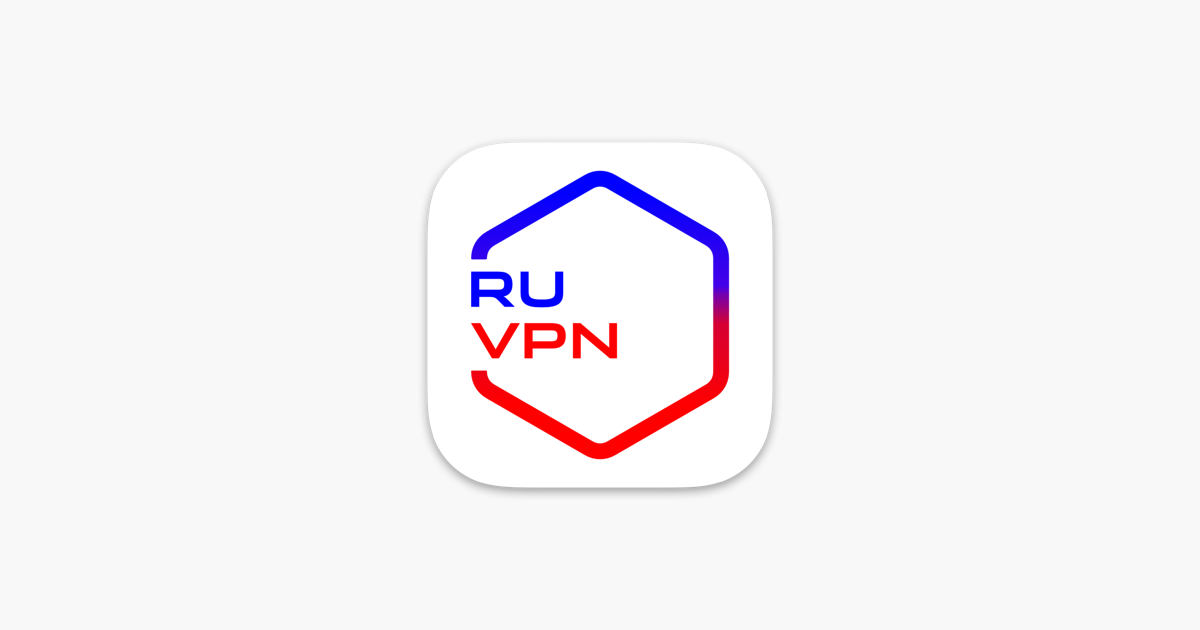Remote Work and Corporate Security: The Role of VPN After the Pandemic

The COVID-19 pandemic fundamentally transformed the work landscape, forcing millions of employees worldwide to transition to remote work. What initially seemed like a temporary measure has become a permanent practice for many companies. However, this transition has brought new challenges in corporate security, where VPN technologies play a crucial role.
New Threats in the Digital Age
Remote work has expanded the corporate network perimeter far beyond office walls. Employees now connect to corporate resources from home networks, cafes, coworking spaces, and other public places. This creates numerous vulnerabilities:
Unsecured home networks often have weak passwords and outdated equipment. Public Wi-Fi poses particular dangers - data can be easily intercepted by malicious actors. Employees' personal devices may not meet corporate security standards.
Statistics show that cyberattacks on remote workers increased by 238% in the first year of the pandemic. Companies faced data breaches, phishing attacks, and account compromises on scales they had never seen before.
Evolution of VPN Technologies
Traditional VPN protocols such as OpenVPN and IKEv2 have long been industry standards. However, they were developed in an era when performance and security requirements were entirely different. These protocols often suffer from high latency, complex configuration, and implementation vulnerabilities.
Modern VLESS technology represents a revolutionary approach to VPN connections. Unlike outdated protocols, VLESS ensures minimal latency through its lightweight architecture and absence of redundant encryption at the transport level. The protocol uses TLS for security, guaranteeing reliable data protection with maximum performance.
Key advantages of VLESS include improved traffic obfuscation, making VPN connections virtually indistinguishable from regular HTTPS traffic, as well as significantly higher connection and data transfer speeds compared to traditional solutions.
Corporate Protection Strategies
Modern companies are implementing multi-layered approaches to remote work security. Zero Trust architecture is becoming the new standard, where every connection is verified regardless of user location.
Network segmentation allows limiting employee access to only necessary resources. Multi-factor authentication adds an additional layer of protection even if primary credentials are compromised.
Regular employee training in cybersecurity fundamentals has become critically important. People are often the weak link in the security chain, and investments in their education pay off many times over.
The Future of Corporate Security
The hybrid work model, combining office and remote activities, has become the new norm. This requires IT departments to create a seamless security experience regardless of employee location.
Artificial intelligence and machine learning are increasingly used to detect anomalies in user behavior and automatically respond to threats. These technologies enable real-time detection of suspicious activity.
Regulatory requirements are also tightening. GDPR, CCPA, and other data protection laws require companies to take a stricter approach to securing personal information of employees and customers.
Conclusion
The pandemic has forever changed the approach to remote work and corporate security. Under these conditions, using modern VPN solutions built on advanced technologies like VLESS becomes not just desirable but critically necessary. Such solutions provide reliable protection of corporate data with maximum performance, allowing companies to stay current and effectively adapt to the challenges of the modern digital world.





